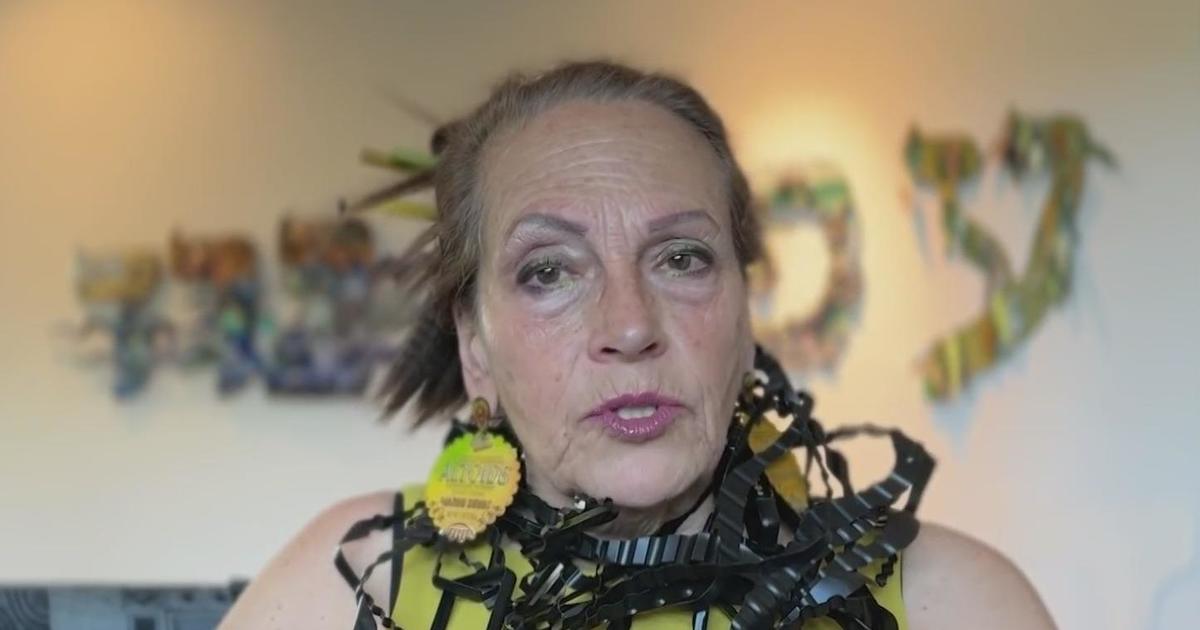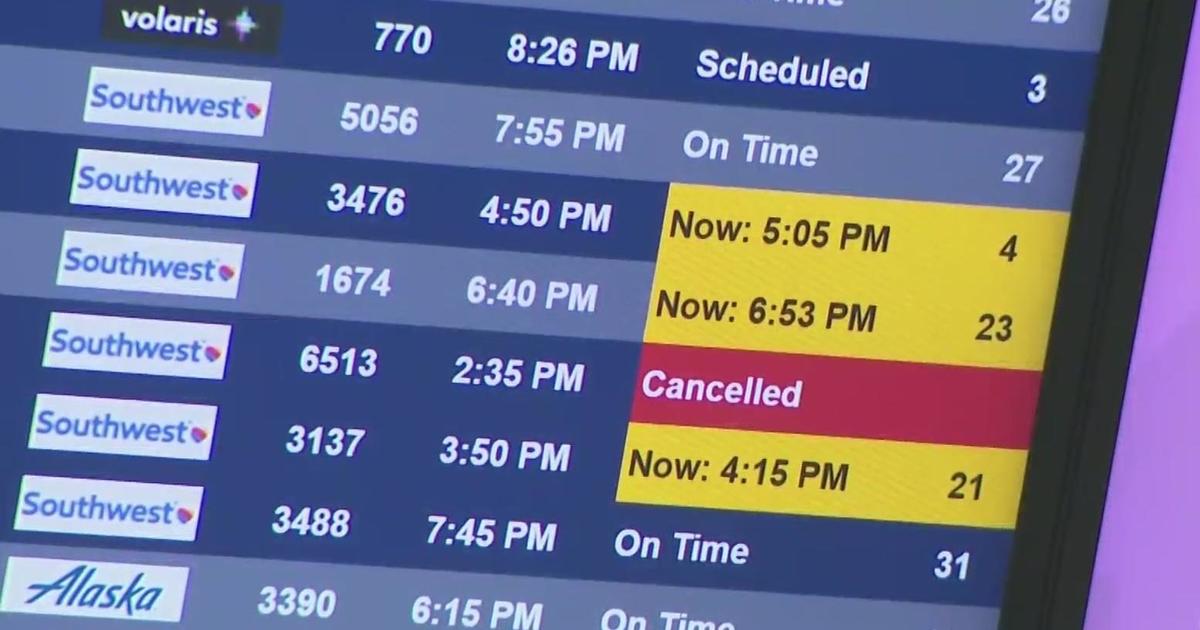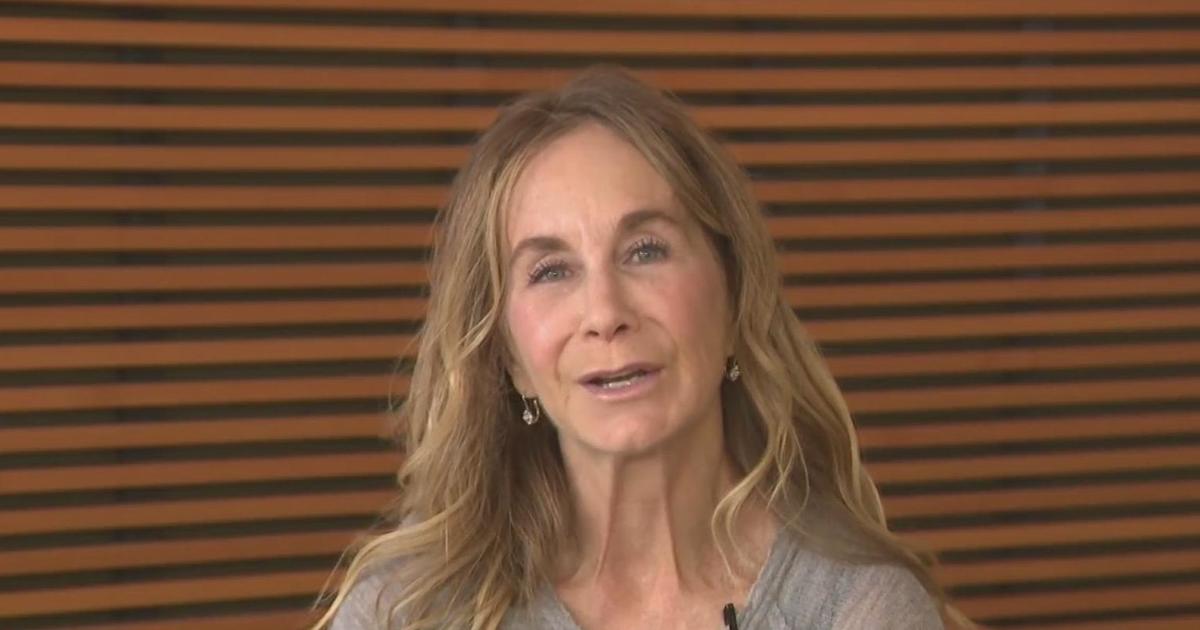Calif. Race Tracks, Rescue Groups Take Action Against Horsemeat Trade
BERKELEY (KPIX 5) - California horses are supposed to be protected by law from slaughter for human consumption. Yet many still end up in the slaughter pipeline, including thoroughbreds. That's why some race tracks are taking protective action.
At Golden Gate Fields in Berkeley, horses that win can go on to make millions and are treated like royalty. "The horses as you can see have access to food all day long and their stalls are cleaned twice a day," said Liz Morey, who helps run the stables at the track for husband Bill Morey, one of the most prominent trainers at the track.
She estimated it costs about $70 a day to own a racehorse. "In order to kind of half way pay their way for their training bills usually you are looking at them winning at least every other month," she said.
Related Coverage:
Investigation Reveals Little Oversight At CA Horse Auctions
If they don't win, get injured, or become too old to race, they are often snapped up by horse traders. "If somebody is willing to take a horse sight unseen, they don't care if they are injured or not, those are all red flags," said Morey.
So-called killer buyers get the horses cheap and ship them off to Canada or Mexico to be slaughtered for horsemeat. An estimated 10 percent of the 9,700 horses shipped to slaughter last year were race horses.
A KPIX 5 investigation found thoroughbreds fresh off the track selling for as little as $50 at local auctions.
To avoid that fate, Morey contacts rescue groups like Neigh Savers that work directly with the track, bypassing auctions. "We stop them beforehand," said Neigh Savers CEO and founder Karin Wagner.
At Neigh Savers, thoroughbreds are retrained to be adopted as pets. "It's really about 80 percent changing their mind set," said Wagner.They have a tremendous heart and a tremendous work ethic." After retraining, some go on to be trail horses, others show horses or jumpers.
Rescue groups like Neigh Savers get support from the industry, through voluntary purse deductions on race earnings. Race tracks have also instituted "no kill" policies. "These animals need to be taken care of before racing, during racing and after racing," said Joe Morris, general manager of Golden Gate Fields.
Morris said at his track and all six tracks owned by the Stronach group, owners and trainers must sign a contract promising that their horses will be retired safely. Critics say it's a step in the right direction, but hard to enforce. "They say oh my trainer found the horse a good home," said Tawnee Preisner of the group Horse Plus Humane Society.
Preisner's group rescues horses from auctions. She said some trainers are unscrupulous. "The trainers know a lot of times who the killer buyers are," said Preisner. "They got a horse they need to move they will call them up and say, 'hey you need to get this horse out.'"
However, Morris disagreed. "I don't think it's easy to get around. If we found any trainer misusing a horse or not putting them into some sort of aftercare program, he wouldn't be welcome here, absolutely would not be welcome here."
Horse rescue groups and resources:
Neigh Savers
Horse Plus Humane Society
GEVA Inc. Equine Retirement Foundation
NTRA Safety and Integrity Alliance
(Copyright 2013 by CBS San Francisco. All Rights Reserved. This material may not be published, broadcast, rewritten, or redistributed.)



